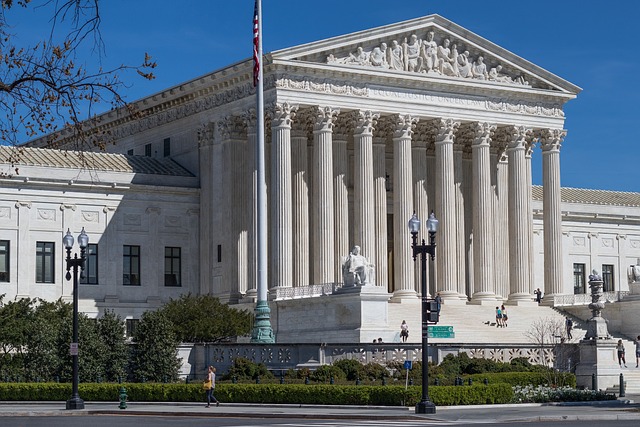The Supreme Court has stopped any redistricting in the state of South Carolina. The state saw no significant population change from 2010 to 2020, meaning it still has 7 representatives, with 6 Republicans and 1 Democrat.
The Democrat population of South Carolina is heavily concentrated, making it difficult to both have secured districts and competitive ones. Clarence Thomas, a native South Carolinian, had a particularly strong concurrent opinion. Politico reports:
The NAACP argued that the division of Black voters made race a primary factor in drawing the lines, in violation of the 14th Amendment’s Equal Protection Clause and the 15th Amendment’s guarantee that Americans’ right to vote won’t be “denied or abridged” on account of race. A lower court sided with the NAACP — but that court put its own ruling on hold and allowed the state to use the legislature’s preferred map in the 2024 election because of the Supreme Court’s slow pace in reviewing the issue.
In the decision Thursday, the high court sided with the state — a decision previewed by oral arguments last fall, when the court’s conservative majority signaled it was not buying the challengers’ arguments.
The South shows the strongest correlation between race and partisanship in the country. It is difficult to create districts that are competitive when racial groups live in their own enclaves. Too many of a group in a district leads to accusation of “packing”, while too few becomes “cracking.” The Washington Post says:
Legal experts, as well as those who contested South Carolina’s map, said the decision would make it much tougher to challenge maps, especially in light of a Supreme Court ruling five years ago that found federal courts have no authority to strike down maps for giving excessive power to one political party. Under Thursday’s ruling, litigants will have to find overwhelming evidence to prove claims of racial gerrymandering.
Writing for the majority, Justice Samuel A. Alito Jr. noted many predominantly Black precincts in Charleston were moved out of one district and into another. But “because of the tight correlation between race and partisan preferences, this fact does little to show that race, not politics drove the legislature’s choice,” he wrote.
Ultimately, Congress does not have enough members for this level of granularity in some states. Both parties can do more to appeal to their non dominant racial group, using universal values that can affect all Americans.
READ NEXT: Nikki Haley Says Who She Will Vote For







